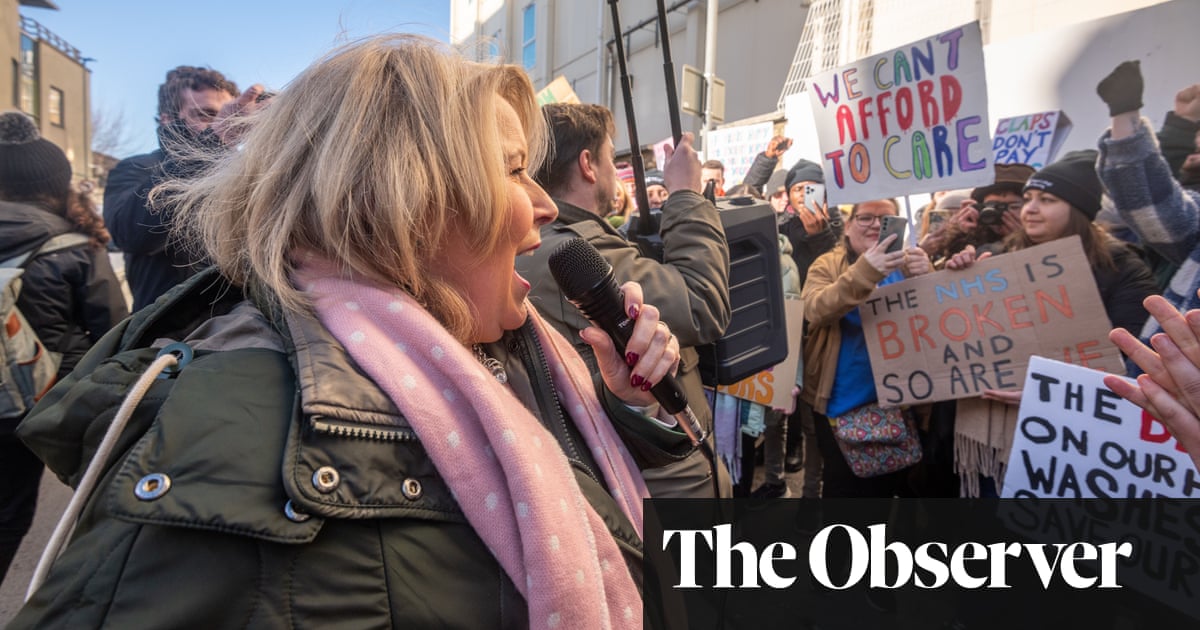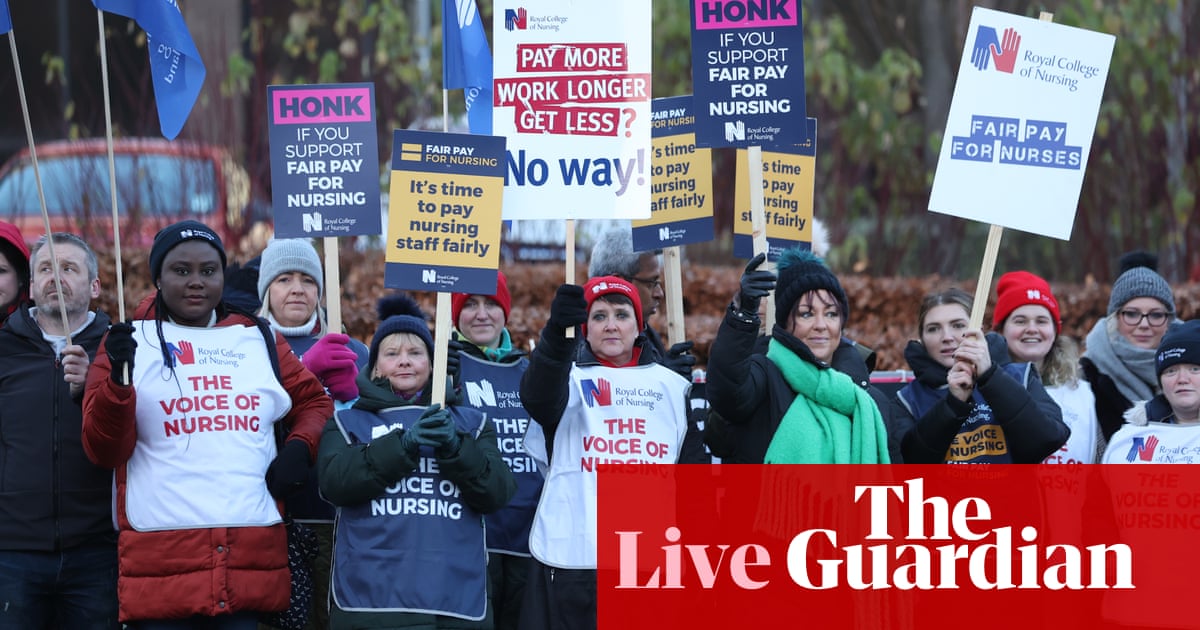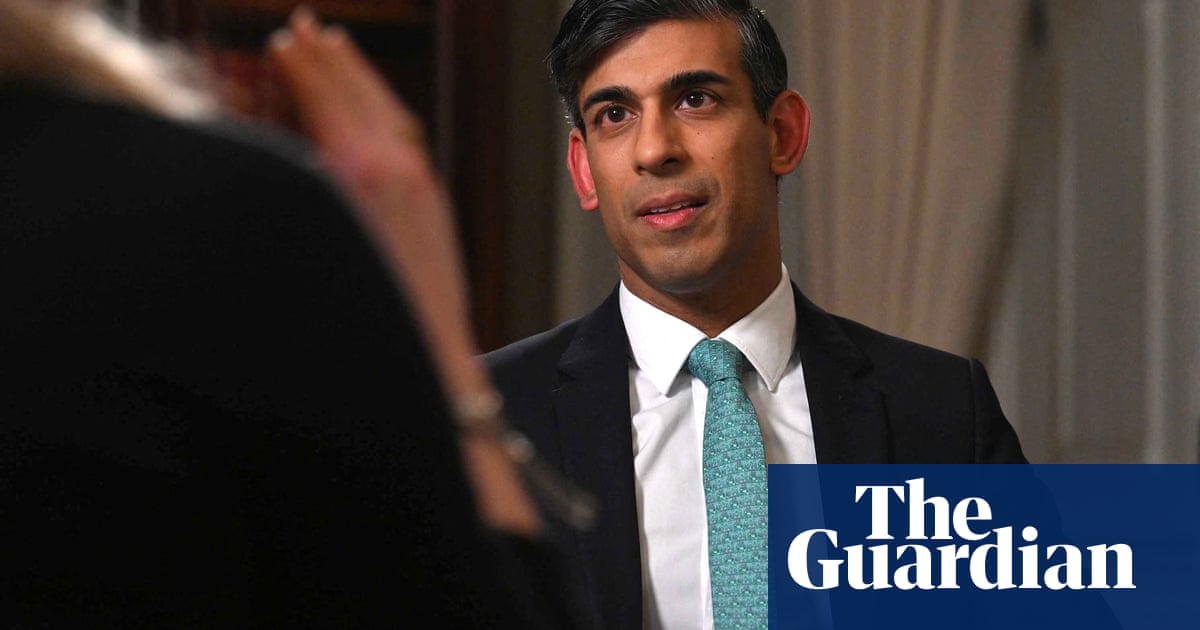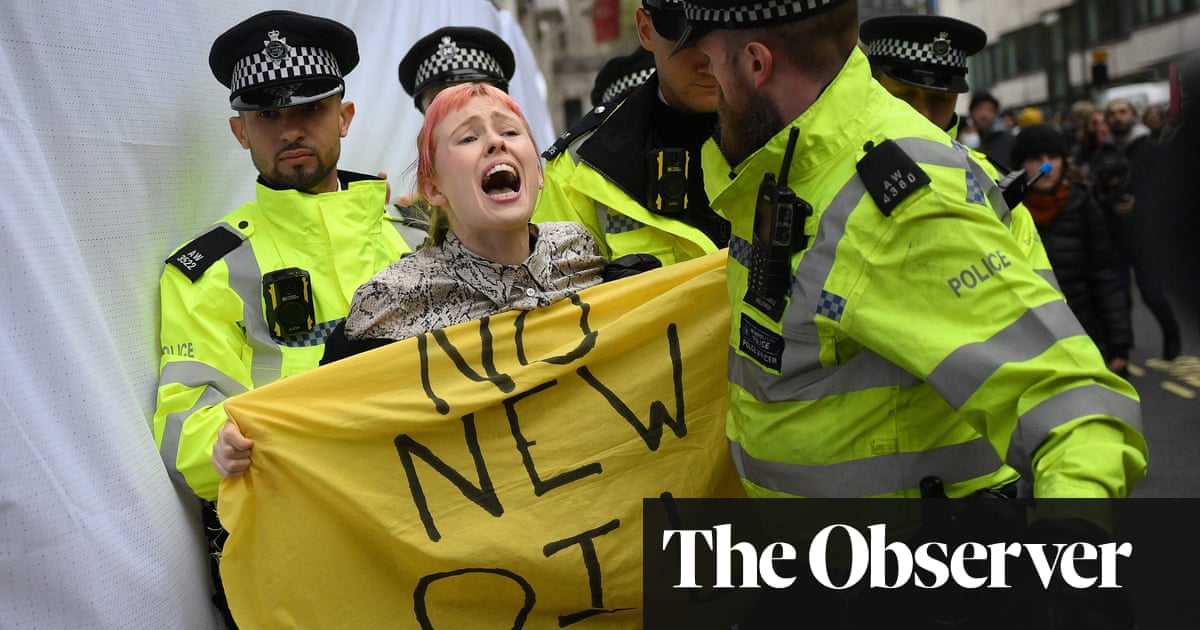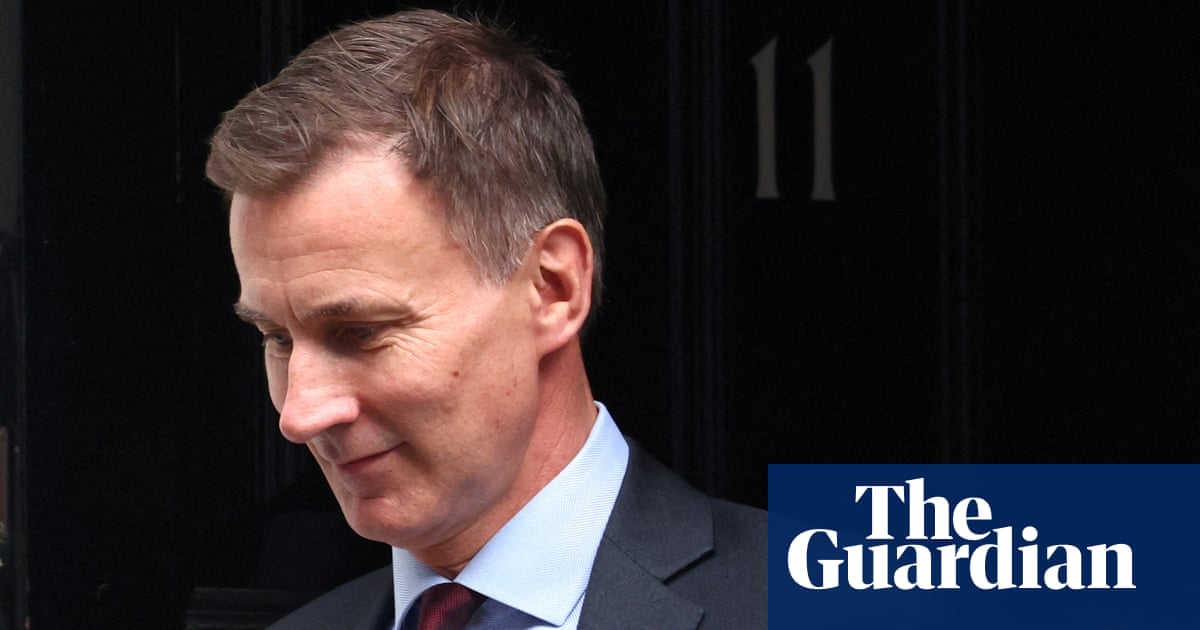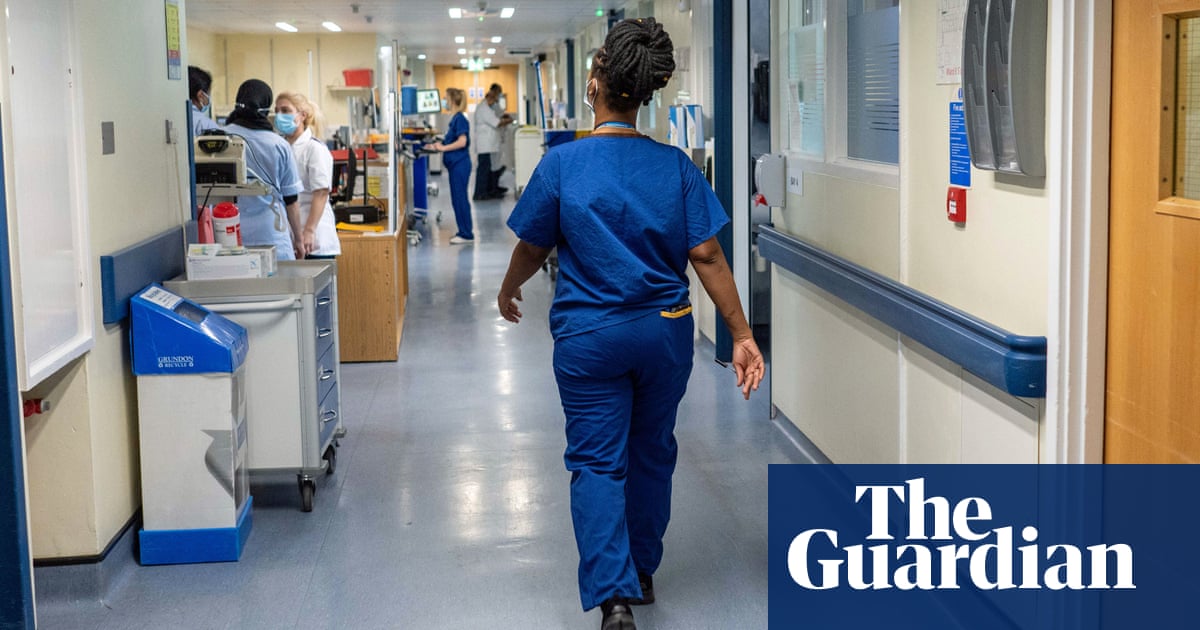
Rishi Sunak is facing mounting pressure in the dispute over nurses’ strikes, with a senior Tory MP telling him to compromise and increase the pay rise on offer while a health minister insisted unions’ demands could not be met.
As historic strike action across Wales, Northern Ireland and some NHS trusts in England began, the prime minister was urged by the former head of the independent pay review body to reconsider the offer on the table.
Sunak is trying to stand firm given the precedent that would be set by accepting one sector’s demands while more industrial action by teachers, rail workers, Border Force staff, driving examiners and others looms.
Maria Caulfield, a health minister who also still occasionally works as a nurse, said the government could not improve the offer estimated to be worth about a 4.3% rise.
“If we were to go higher than that, there’s two reasons why we can’t,” she told BBC Breakfast.
Caulfield claimed that for every 1% extra offered, it would cost the public £700m that would need to be funded by borrowing, tax rises or cut backs in budgets elsewhere.
She said the government was in a “difficult position” and added: “We can’t realistically meet a 19% demand – that is the issue that we’re facing, which is what the Royal College of Nursing (RCN) have on the table.”
Despite the RCN offering to call off Thursday’s strikes in exchange for fresh talks with the government on pay, ministers have held firm and said they will not discuss the issue with unions as they believe it is a matter for the independent pay review body that made the existing pay rise recommendation.
About 70,000 appointments are expected to be affected by Thursday’s strike action, the minister warned.
Given Liz Truss’s disastrous mini-budget, Caulfield suggested using borrowing to fund a boost for nurses’ pay was not tenable. She also told BBC Radio 4’s Today programme that “inflation-matching or inflation-busting pay rises actually can drive inflation further”.
But a divide within the Conservative party began to emerge, with the former party chairman Jake Berry saying the government should compromise.
“It’s a complicated issue,” he told TalkTV on Wednesday night. “The government is going to have to improve its offer.”
While Berry said the RCN’s demand for 19% was not a “realistic figure”, he added: “We all know how this works – they ask for 19%, the government offers them three or four or whatever it is, and they’re going to meet somewhere in the middle.
“We need to find a way as a government, and the union does need to too, to get to that centre point of agreement straight away.”
Berry called on ministers and the nurses’ union to settle for “a compromise position straight away” and stressed: “That has to involve the government increasing its offer.”
A former head of the NHS pay review body, Jerry Cope, also said ministers should ask it to reconsider the recommended offer, given it was set at the start of 2022.
“The world was a rather different place in February and therefore I think some of the evidence they considered was probably out of date by the time it was published,” he told the Today programme.
“That may be a possibility for a solution for this apparently intractable problem.”
Cope said the pay review bodies were “fiercely independent” but raised concerns its suggested offer could be “lagged”. He argued that a “quick turnaround” to look at the existing recommendations, taking account of anything missed in the February review, would still respect the body’s integrity.
Sunak has promised new legislation to prevent further strikes this winter causing mass disruption.
In an interview with this week’s Spectator magazine, he said: “I’ve taken the approach of reasonableness. If union leaders are not going to act reasonably – as it is clear that they are not at the moment – then I am prepared to introduce tough new strike laws that will minimise the disruption to ordinary people and will protect people’s lives. That’s what we’re working on – at pace.”




